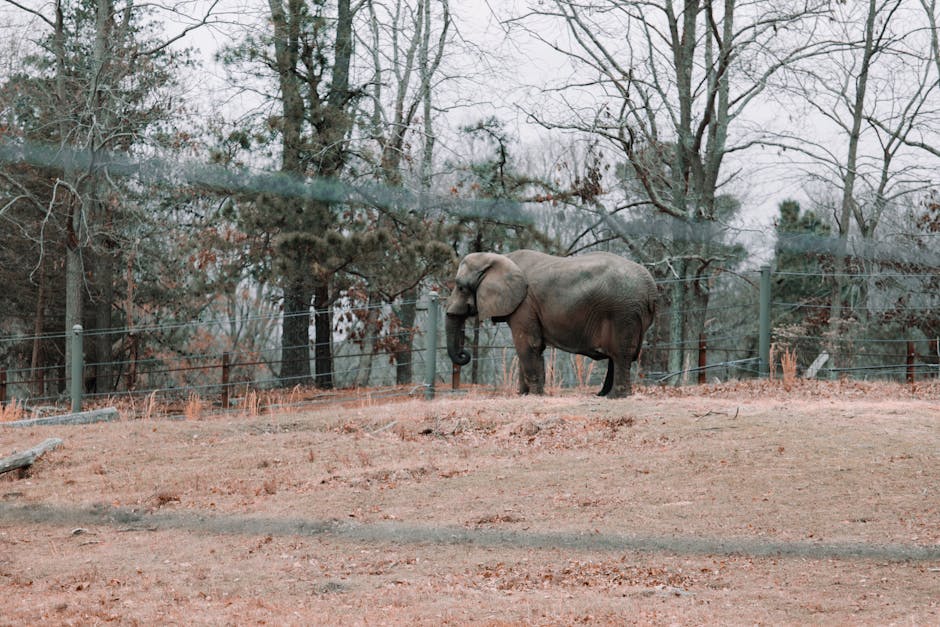Justice Narasimha Challenges Western Environmental Concepts
In a keynote speech at an environmental law conference, Supreme Court Justice P.S. Narasimha criticized Western legal principles like “inter-generational equity” for being anthropocentric—prioritizing human needs over ecological balance. He argued that such frameworks may inadequately protect India’s endangered species and urged a shift toward indigenous philosophies.
Why ‘Inter-Generational Equity’ Falls Short
Justice Narasimha highlighted that “inter-generational equity,” a cornerstone of global environmental law, focuses on conserving resources for future humans rather than recognizing nature’s intrinsic rights.
“Can a law treating nature as a human commodity save species like the Great Indian Bustard?” he questioned. Critics agree that Western environmentalism often reduces ecosystems to “service providers,” sidelining biodiversity.
Anthropocentrism vs. Ecocentrism in Indian Law
The debate centers on:
– Anthropocentric laws: Prioritize human welfare (e.g., tribal rights, development).
– Ecocentric laws: Treat nature as a rights-bearing entity.
Justice Narasimha urged revisiting India’s ancient traditions—like Dharma and Arthashastra—which view humans as part of nature, not its rulers.
3 Case Studies Exposing Legal Gaps
- Great Indian Bustard vs. Renewable Energy: Court orders to protect the bird clash with solar power expansion.
- Kerala’s Human-Elephant Conflicts: Compensation for crop damage outweighs habitat restoration.
- Urban Wetland Destruction: Projects like Bellandur Lake pollution favor development over ecosystems.
3 Reforms for Ecocentric Jurisprudence
- Legal Rights for Nature: Follow Ecuador/New Zealand in granting rivers and forests legal personhood.
- Community-Led Conservation: Empower tribes like the Bhils in forest management.
- Stronger Habitat Laws: Replace “sustainable use” clauses with absolute protection.
Expert Reactions
While some applaud the call for “contextual environmentalism,” others caution against discarding universal principles entirely. Environmental lawyer Ritwick Dutta noted, “Inter-generational equity is flawed but still a foundation.”
As India faces escalating biodiversity loss, Justice Narasimha’s challenge is clear: “Laws must protect life not just for humans, but from humans.”




